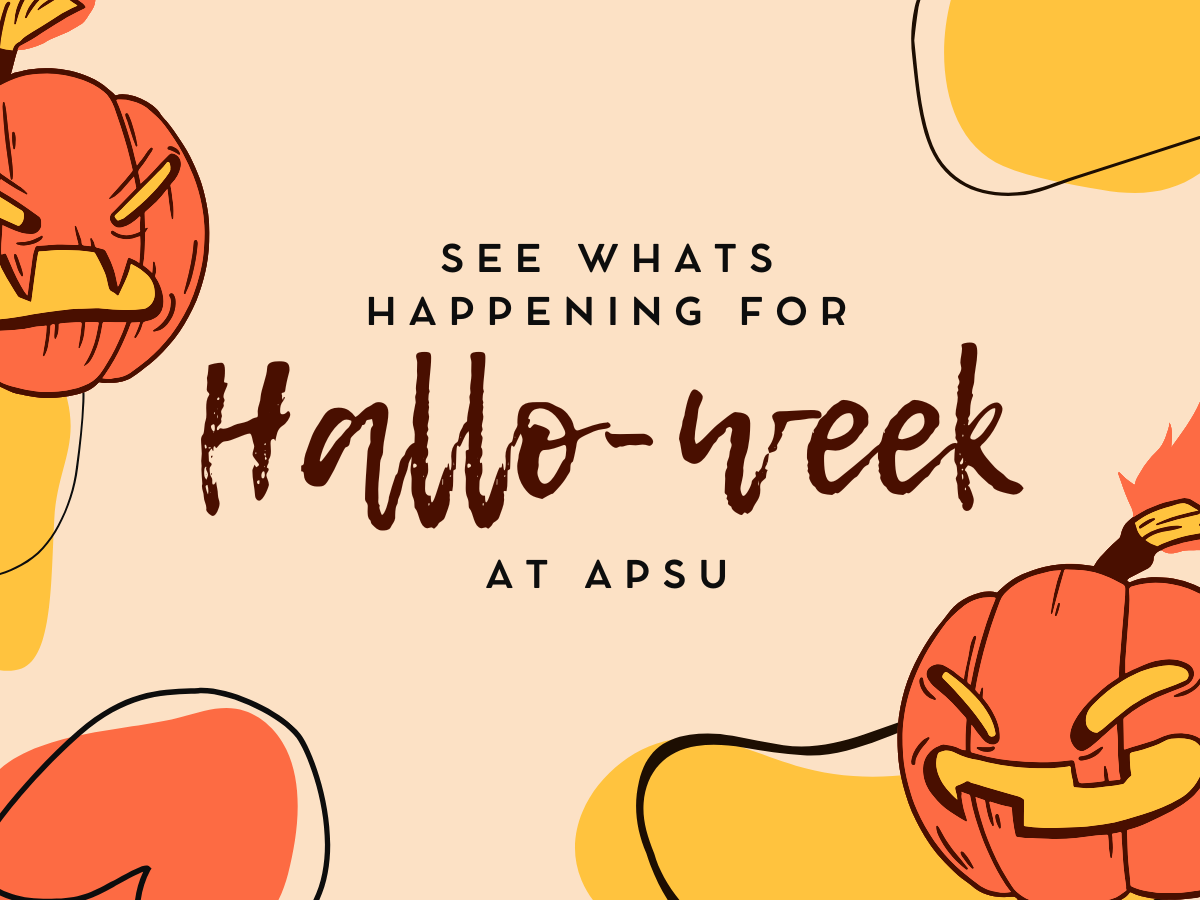Without search engines, most students would be lost when it comes to school assignments.
With so much information available at the click of a mouse, college students are defeating the purpose of research and ultimately damaging their intelligence?
Search engines such as Google, Yahoo, Bing and others give college students immediate answers to all their questions. These multibillion-dollar companies thrive off students from grade school to college who cram last-minute to produce a well thought-out paper or ace exams.
When students cram last-minute, are their brains really taking in the assignment, or is this stunting intellectual growth?
Google, with over 1.17 billion users, has pushed the boundaries when it comes to search engines. The phrase “Google” was added to the Merriam-Webster dictionary as a verb, describing how consumers use the search engine. With it being legitimate enough to add it to the dictionaries, it’s obvious society is transforming.
In modern day, children and young adults have never had to go to a library, pull a physical book off the shelf and actually use its content. With instant gratification, students don’t truly appreciate the lesson taught.
Teachers hand out the assignments and students merely Google the topic, which often reveals someone else’s opinion instead of facts. How are students supposed to gain knowledge without forming their own ideas?
Research assignments that require book references and scholarly articles up the ante when it comes to intellectual advancement.
Going to the library and using books for references requires students to use many different resources, which broadens their knowledge.
Young adults don’t have to “work” for their work; the Internet is their playground where they rarely get tired of playing. They can access everything by asking the Internet a simple question.
Even if the Internet is a better outlet for research, there are ways of going about it other than typing it into Google.
Most libraries give students rights to many different advanced search engines and databases, which allow a refined search on their topic. These results are written by credible scholarly sources, unlike basic search engines that are open to the public.
Technology has progressed greatly over the past 20 years and only continues to grow.
With the development of smartphones, tablets and other electronic devices, we have an even bigger outlet for answers.
Not only is it easier to write research papers, but it is also easier to cheat.
When a teacher hands out study guides for tests, all the student must do is apply the question into a search engine, and the answer is sometimes the first link. When the answer is this attainable, it doesn’t allow the proper work needed to learn.
Students simply copy verbatim and don’t digest the material needed to pass, and with the advancement of smartphones, watches and tablets, students can get answers anywhere in and out of the classroom.
Excuses can be made that workloads are too heavy, and with the use of quick technological devices, answers can be achieved at rapid rates, which leaves more time to do other activities.
Another big downside to technology is social media, which greatly interferes with students and their studies.
Some young adults aren’t nearly as interested in their assignments as they are interested in their blogs and social pages.
When students are in the middle of a big paper or studying for a major exam, they usually have several pages open, going back and forth between research and goofing off on social media.
Facebook and Tumblr take up infinitely more time than actual studying.
All these websites and apps take away from time that could be spent learning.
Not only are students spending less time studying, but the content on these social media sites also do nothing.
Using other outlets such as library books, librarians or talking to people who may have experienced the research or test topic can be infinitely more rewarding to the intellect than the instant gratification from quick technology.
When you use other outlets, teachers realize the extra work and are more willing to grade higher. Before reaching for an iPhone, think about the more satisfying reward of studying from a different outlet.













